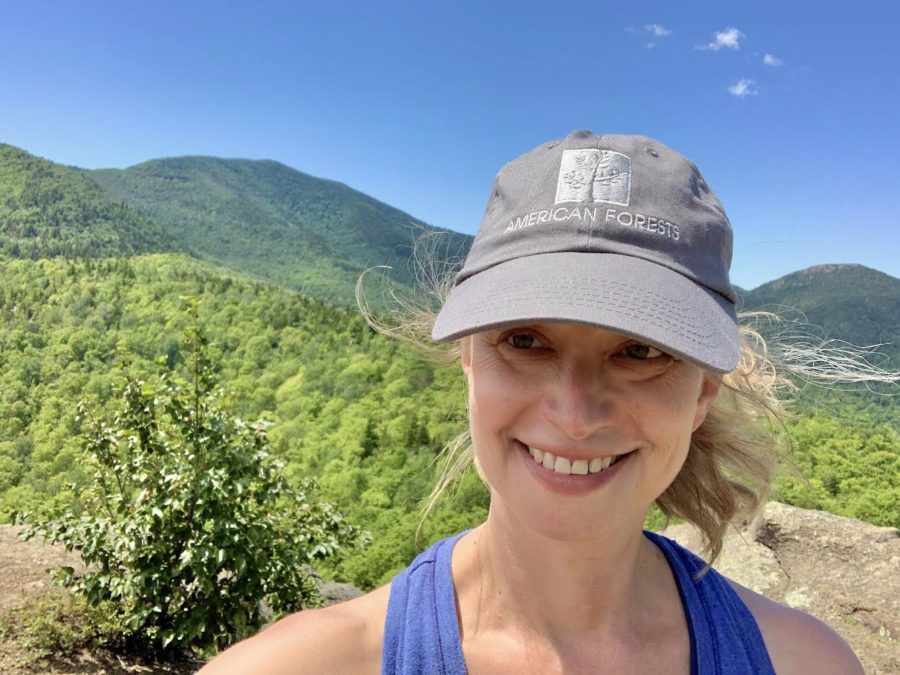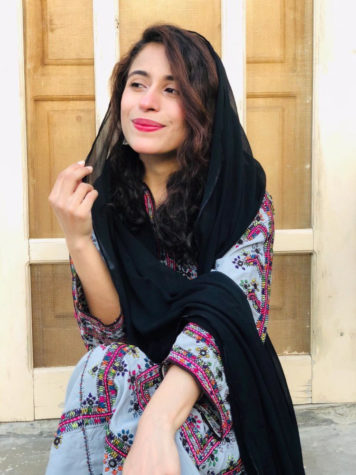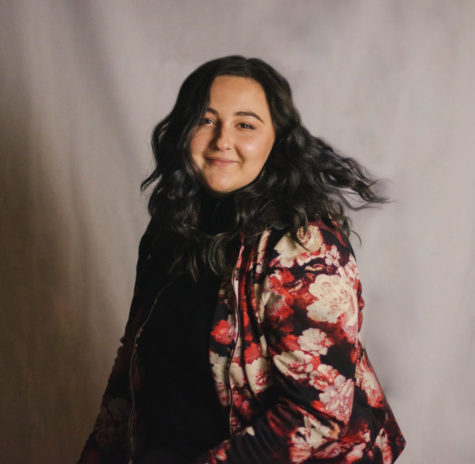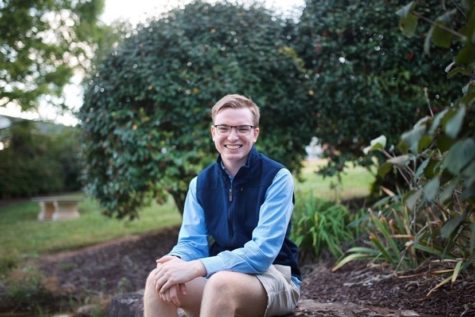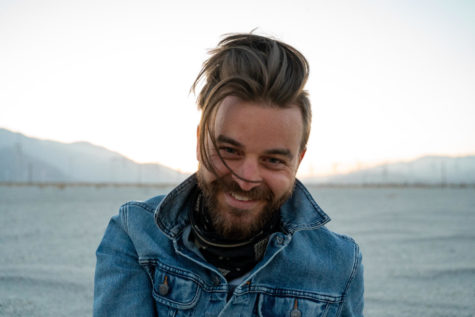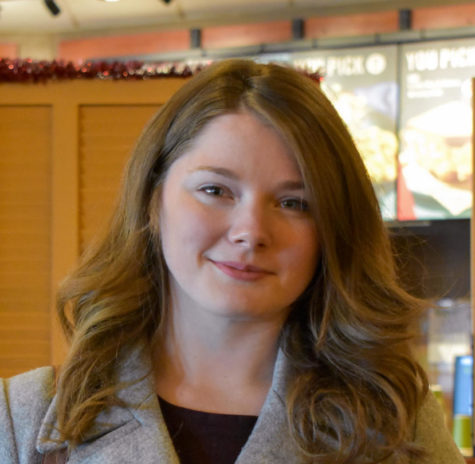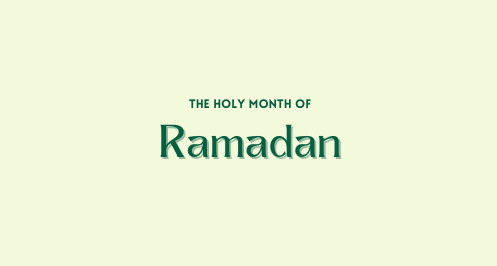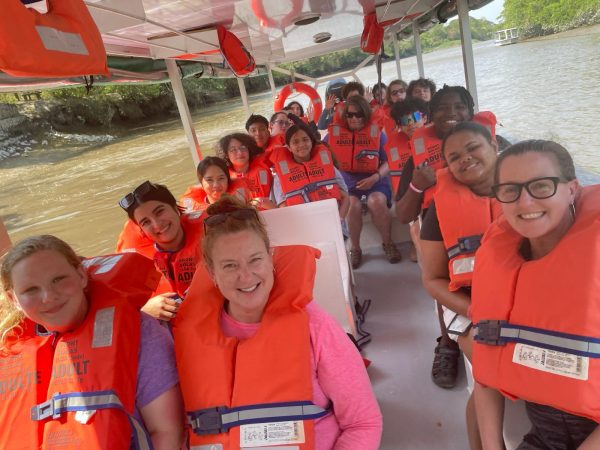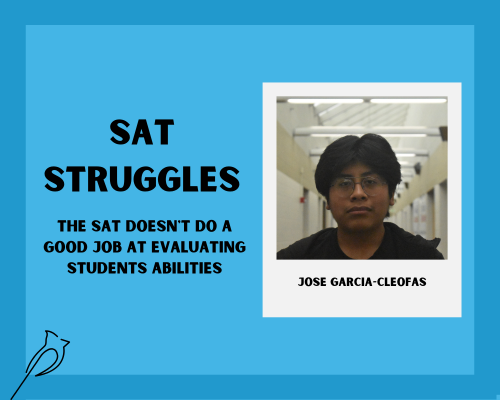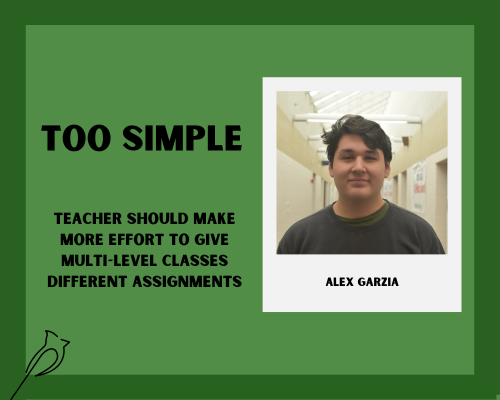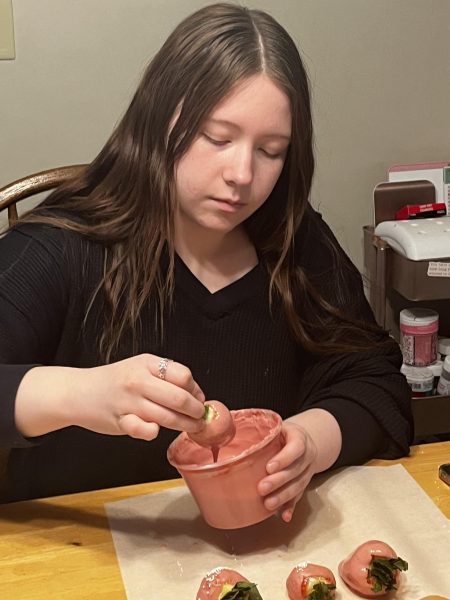Interview with Michele Kurtz
Q: What is your profession now and how did The Journal inspire that?
A: “I currently am Senior Director of Communications at a nonprofit called American Forests, which is the nation’s oldest conservation organization. And I have only been doing this nonprofit work for two years. This is kind of what I was calling my third act professionally. But it all does tie back to the early days of working at The Journal and learning about being a reporter, a writer, and an editor.”
Q: What did you do after The Journal?
A: “I was a newspaper reporter for 13 years after college, at several different places. At that time, it’s somewhat true today still, but even more at that point to sort of move up professionally, you had to move sort of to a bigger paper. And people moved around a fair amount but some of the papers I worked at included The Austin American Statesman, The Raleigh News and Observer and the last newspaper I reported for was The Boston Globe. So I did that for 13 years and then I pivoted and went into TV production, but not news. I worked for a TV production company that sort of came up with ideas for and produced series for major cable networks like History Channel, Discovery and what I did for them was I actually worked on coming up with new ideas for TV shows. A lot of these were kind of history focused and science focused so being a reporter and having those communication skills, having really good research skills, being able to kind of talk to anybody, those were really, really critical skills and transfer really well for me in trying something new. I actually did that for about 12 years, and it was super interesting. We came up with ideas for shows ranging from this really groundbreaking show called “The Last Alaskans” which was on Discovery channel to a show we did for Lifetime called “Raising Tourettes.” That was about families of adolescents who have Tourettes Syndrome and kind of the unique and complicated lives and really fulfilling lives these families had. It was a really broad range of kinds of television shows. But then a few years ago, I decided that I really wanted to use my skills and storytelling which was best written in visuals, to do something that felt like it was for the public good. That’s when I thought long and hard about what that might be and what really resonated with me, where my heart was, and decided I wanted to do something in the climate change space. I really got interested in forests and the role that forests play, and I had never done just a straight up communications job. I got this great opportunity at American Forests which is growing like crazy. When I started 2 years ago we had 20 employees. We have 60 now. Basically, we think trees and forests are really important of solving two big issues. One is climate change and the other is social inequity. I think these are incredibly important issues right now, and it feels very gratifying to work on them in hopes of making the world a better place for my kids and for everybody else. So in this role I do a lot of writing, I do a lot of talking to reporters … and I oversee a team of communications professionals.”
Q: What influenced the decision to join The Journal?
A: “I was always an avid reader of newspapers and I was just very curious of the world and its events and I always, I had liked to write since I was very little, so creative writing and other things. From the time I was like 12 or 13 I was like, there was something exciting about getting to write and especially about getting to dig in and find out everything I could about a subject and for me the reporting was always the most exciting and fun part.”
Q: What was your most memorable moment in The Journal?
A: “That is a tough one, this is gonna sound funny. I don’t know if this will actually mean anything but we had a banquet every year for The Journal and The Anchor. At the end of the year for the two staffs, and I just remember Mrs. Jungemann saying some really nice things about The Journal staff that year and referring to me as her Steve Alford (basketball player in Indiana who went to IU. Thought of as a really reliable superstar.) I remember thinking because basketball was a huge thing in my family so that was just the best compliment a person could give. Another moment … I think every time we would go downtown to put the paper to bed, that happened like every other week when this was coming out, and there would be several of us on staff who would go. Mrs. Jungemann would drive and we would all go down there. It was just so cool to see our work coming together like that because this is when you would see it laid out. It was just a really tangible piece of the whole process, knowing that all this work that we had put in it was coming together. It was professional. These guys downtown were putting it together and then the paper would come out and you know it felt like we were professionals. Every time we would do that it was a really cool experience.”
Q: What did your experience on The Journal mean to you?
A: “I think that working for The Journal and experiencing what it was like to contribute to a newspaper and help oversee a newspaper, really solidified for me that that’s what I wanted to do when I eventually got out of school. Even before that, it definitely made me determined to go to a college or university that had a strong journalism program where I could explore this even more. That was the main thing. It just kind of reiterated for me kind of the path that I wanted to be on.”
Q: What advice do you have for people on The Journal staff now or going to join the Journal staff later?
A: “My advice would be to be a really good listener. It’s important when you’re a journalist to think through what your questions are, but it’s so much more important to really hear what people are telling you and to react to those things with more questions. I think also … learning to become a really strong writer will take you far and will open doors for you in lots of different fields. Not everyone knows how to write, but writing is so essential to so many parts of life and so many careers.”
Topic: How did your journalism career path get started?
I’ve wanted to be a reporter since I was in 8th grade. I worked at The Journal as a junior in high school and I loved it. I think it was so cool and interesting to put together. What’s the issue gonna look like, what’s the lineup, what’s the stories, who’s gonna write them, working with the staff, going down to the IndyStar to print the thing, and sort of get it all ready to go, is so gratifying, also and tangible to produce something like that. Getting to try to think about what fellow students care about and writing about that was gratifying. You know Mrs. Jungemann was our adviser and she was fantastic. She had great experience. Also, she had excellent judgment, but she really let us run with things. I think we definitely felt as students that we were in charge. I remember learning so much at The Journal about how to interview people, how to take a lot of information and try to synthesize it into something concise and compelling, something people would read. I mean we started with talking about the inverted pyramid. It’s funny even just thinking about that now, but it was a terrific experience, and while I was working at The Journal, Mrs. Jungemann also encouraged some of us to do … workshops, like camps, in the summer. I did that which was also a really interesting experience to meet other student journalists from around the state who ran their papers or were columnists and brought their own points of view about the process and about their student bodies and what kids care about so that was really interesting.
Topic: Final thoughts
“I think it’s really great to just have those opportunities where you’re meeting other people who do that kind of work or who are interested in it. The other thing I would say is as someone who has done a few different things in terms of careers that all tie back to writing and communications and who hires people now and has for a long time, I mean really good writing skills will take you so far. They really will. It doesn’t have to be reporting in a newspaper either. It can be.”
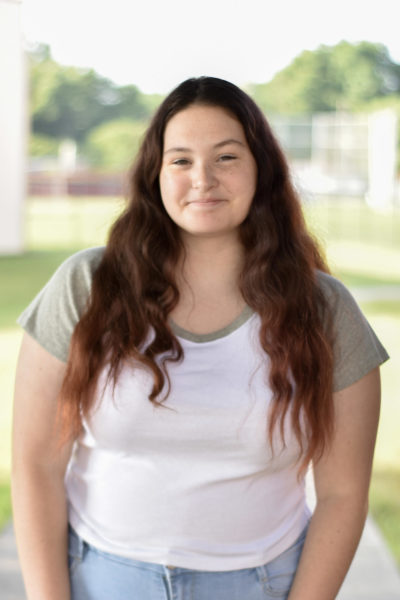
Hey everyone! My name is Grace Wilson, and I am a senior starting my third and final year on The Journal. I am happy to announce that I’m the Digital...


